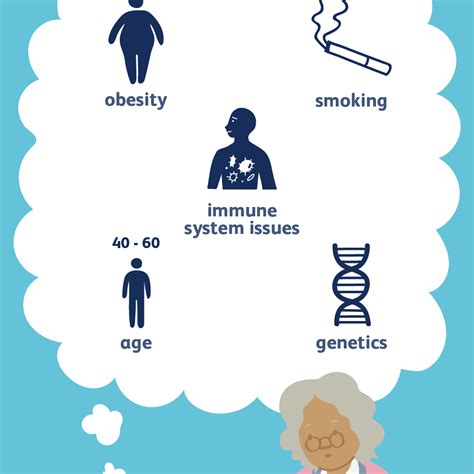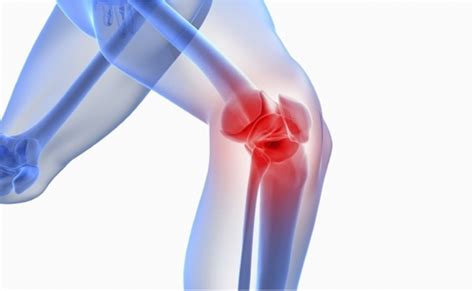Upper back pain is a common ailment that affects many individuals throughout their lives. Whether it’s a result of poor posture, sports injuries, or underlying conditions, understanding the root causes can help in managing and potentially alleviating the pain. In this article, we’ll delve into the primary causes and available treatments for upper back pain.

Common Causes of Upper Back Pain
Physical Activities: Improper lifting, bending, and twisting motions can be significant triggers. Overuse and poor muscle conditioning further amplify the risk. Sports activities, especially those involving direct blows or tackles, can also lead to upper back pain.
Muscle and Skeletal Injuries: These injuries can arise from muscle strains or sprains, spasms, joint dysfunction, and even conditions like scoliosis.
Spinal Issues: Conditions such as vertebral fractures, degenerative disc disease, herniated discs, and spinal stenosis play a pivotal role in upper back pain.
Other Sources: Fibromyalgia, infections in the spine, and tumors in the spine are also potential culprits.
Certain lifestyle factors can exacerbate the risk of developing upper back pain. Bad posture, smoking, and carrying excessive weight are significant contributing factors. The Cleveland Clinic suggests that strains, particularly in muscles, tendons, or ligaments, are among the leading causes when these tissues are subjected to excessive stress.
Treating Upper Back Pain
Nonsteroidal anti-inflammatory drugs (NSAIDs) are often the first line of defense against back pain. Over-the-counter options include ibuprofen (like Advil) and naproxen (such as Aleve). In severe cases, higher doses may be prescribed.
It’s crucial to get a professional diagnosis. Medical experts will examine your back muscles and spine, testing for pain, muscle tenderness, stiffness, numbness, or abnormal reflexes. For instance, disk problems might be indicated if pain is present when a straightened leg is raised.
Posture and Back Health
Maintaining good posture is more than just about aesthetics; it plays a vital role in back health. Harvard Health emphasizes that paying attention to posture can help in preventing back pain. For many, upper or lower back pain might be a result of a congenital condition, an accident, or a sports-related injury.
In conclusion, while back pain is a common concern, understanding its origins and seeking timely intervention can make all the difference. Stay proactive, seek professional advice, and prioritize your back health.


